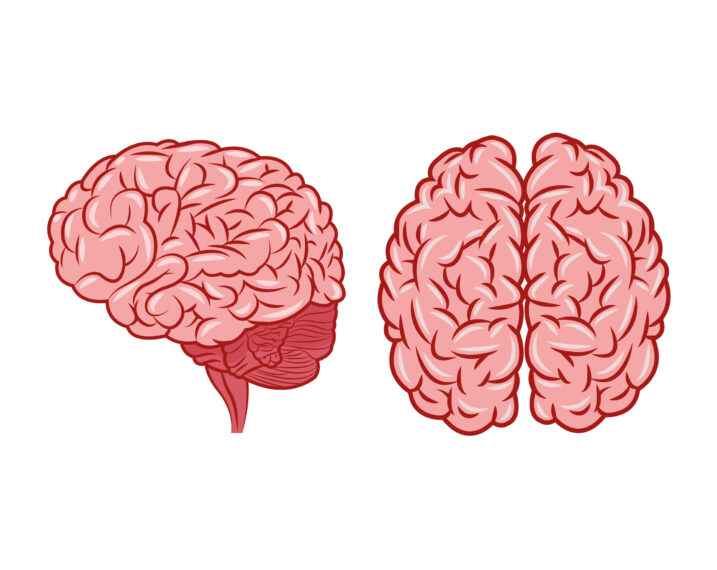Playback speed:
Knowing how dementia changes the brain, which affects dementia symptoms, helps us to understand why persons living with dementia behave the way they do.
The human brain is an organ of the nervous system that controls the body’s activities, processes information received by the body, and controls psychological functions such as cognition and emotion. Changes in the condition of brain regions can cause temporary or long-lasting impairment.
Some of the more common types of dementia are neurocognitive conditions such as Alzheimer’s dementia, vascular dementia, Lewy body dementia, and frontotemporal dementia.
Many of these symptoms associated with these neurocognitive conditions overlap. This is why people with different kinds of dementia have similar symptoms.
At the same time, each neurocognitive condition is caused by a different pattern of physical and chemical changes in the brain. This results in some differences in the pattern of symptom development, otherwise known as the condition’s “presentation” (how the person’s condition is “presented”).
How Changes In The Brain Affect Dementia Symptoms
While the presentation of dementia is largely dependent on the changes in the brain, the signs and symptoms are also influenced by environmental factors, such as a person’s physical environment (e.g. noise, temperature) and social environment (e.g. whether the person is made to feel included and respected).
How do brain changes affect the person?
Where the change happens in the brain
- Different areas in the brain are closely related to brain functions.
- Damage to an area can disrupt functions associated with this brain area.
Types of brain changes
The way symptoms develop depends on the type of brain changes that happen, such as:
- build-up of abnormal proteins
- disruption of blood flow to the brain
- too much cerebrospinal fluid in the brain’s ventricles
- traumatic brain injury
- abnormal signals in the brain
Whether brain changes are temporary or long-lasting affects the person’s presentation of symptoms.
Other health conditions a person experiences can also affect what happens in the brain, which can affect the person’s mental state.
For example, an infection can cause a person to experience delirium, which is an abrupt change in the brain which causes mental confusion.
Each person’s unique differences
- Each person has a unique body, brain, and history which shapes the way a condition develops in their brain.

Source: National Institute of Aging
Read on to learn more about how the brain works.




